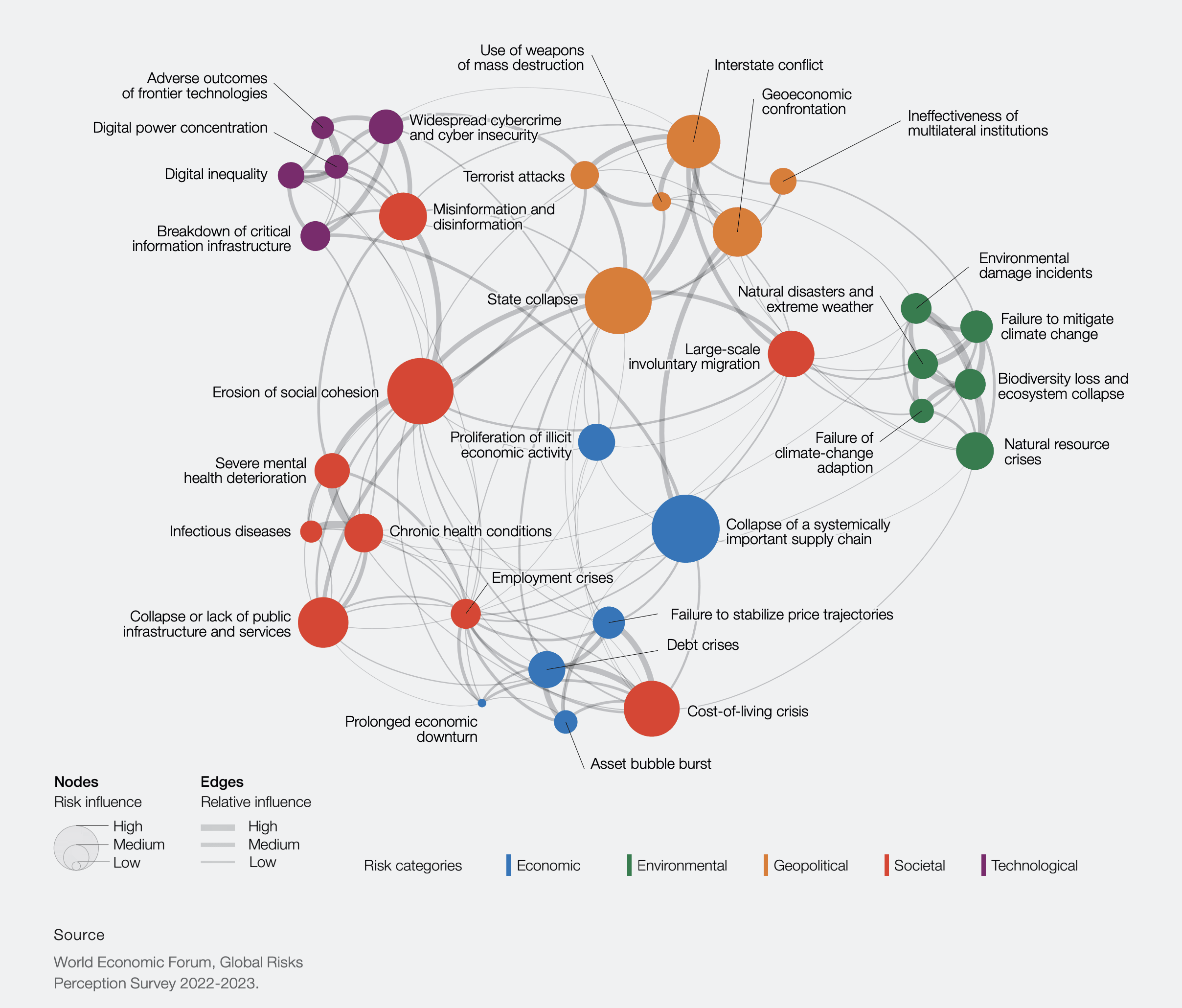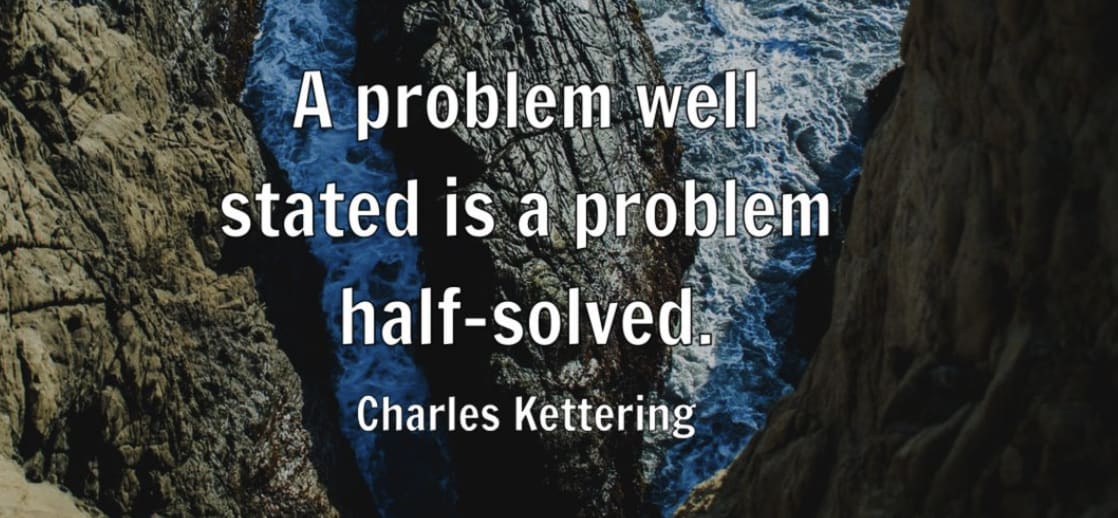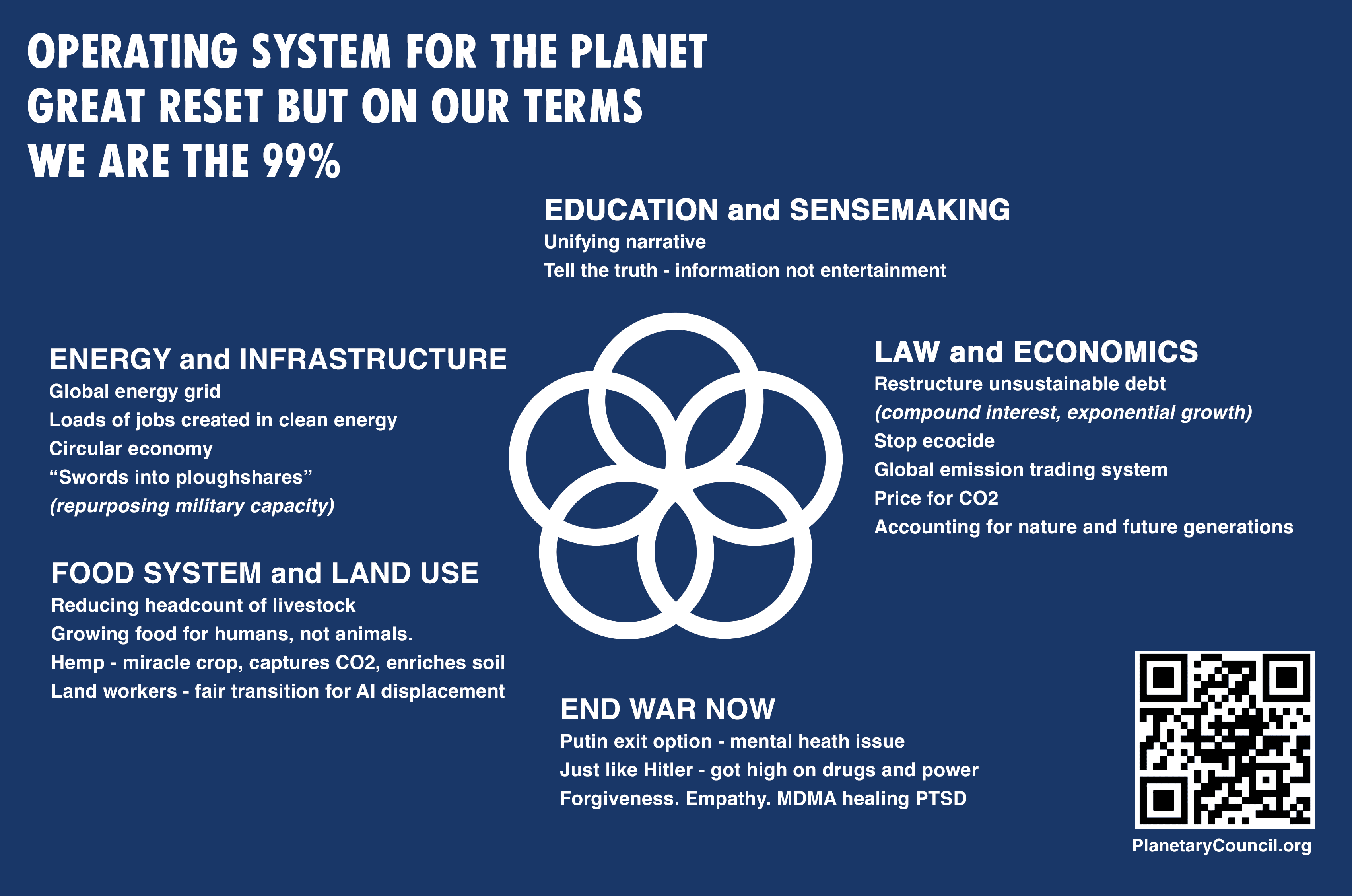I am currently engaging more with the content produced by Daniel Schmachtenberger and the Consilience Project and slightly wondering why the EA community is not really engaging with this kind of work focused on the metacrisis, which is a term that alludes to the overlapping and interconnected nature of the multiple global crises that our nascent planetary culture faces. The core proposition is that we cannot get to a resilient civilization if we do not understand and address the underlying drivers that lead to global crises emerging in the first place. This work is overtly focused on addressing existential risk and Daniel Schmachtenberger has become quite a popular figure in the youtube and podcast sphere (e.g., see him speak at Norrsken). Thus, I am sure people should have come across this work. Still, I find basically no or only marginally related discussion of this work in this forum (see results of some searches below), which surprises me.
What is your best explanation of why this is the case? Are the arguments so flawed that it is not worth engaging with this content? Do we expect "them" to come to "us" before we engage with the content openly? Does the content not resonate well enough with the "techno utopian approach" that some say is the EA mainstream way of thinking and, thus, other perspectives are simply neglected? Or am I simply the first to notice, be confused, and care enough about this to start investigate this?
Bonus Question: Do you think that we should engage more with the ongoing work around the metacrisis?
Related content in the EA forum
- Systemic Cascading Risks: Relevance in Longtermism & Value Lock-In
- Interrelatedness of x-risks and systemic fragilities
- Defining Meta Existential Risk
- An entire category of risks is undervalued by EA
- Corporate Global Catastrophic Risks (C-GCRs)
- Effective Altruism Risks Perpetuating a Harmful Worldview




95% certainty <100 years, 80% certainty <50 years, 50% certainty, <30 years...
But the question is 'how much time do we have until X?' and for that...
This is where I diverge heavily, and where the metacrisis framework comes into play: I am a civilization x-risk guy, not a homo sapiens x-risk guy.
My timeline is specifically 'how much time do we have until irreversible, permanent, loss of civilizational capacity[1]'
Whether humans survive is irrelevant to me[2].
What seems clear to me is that we are faced with a choice between two paradigm shifts: one in which we grow beyond our current limitations as a species, and one in which we are forever confined to them.
Technology is the deciding factor, to quote Homer Simpson - 'the cause of, and solution to, all of life's problems' :p
And achieving our current technological capacity is not repeatable. The idea that future humans can rebuild is incredibly naive yet rarely questioned in EA[3].
If you accept that proposition, even if just for the sake of argument, then my emphasis on the hinge of history should make sense. This is our one chance to build a better future, if we fail then none of the futures we can expect are ones any of us would want to live in.
And this is where the insight of the metacrisis is relevant: interventions focused on the survival/flourishing of civilization itself are, from my[4] point of view, the only ones with positive EV.
What to do that we're not already doing:
Increased focus/prioritization of:
I would say all of these areas are either underprioritized or, as in the case of global health, often missing the forest for the trees (literally - saving trees without doing anything about the existential threat to the forest itself).
Most notably loss of energy and capital intensive advanced technologies dependent on highly specialized workers, global supply chains and geopolitical stability (i.e. no one dropping bombs on your infrastructure) - e.g. computing.
I know how this sounds, but to me the opposite (human survival is an ultimate goal) sounds like paperclip maximizing.
This is a whole other argument, and I don't really want to get into it now. This is what I've been trying to write a post on for a while now. I find it personally quite frustrating as I feel the burden of evidence should be on those making the extraordinary claim - i.e. that rebuild is possible.
Admittedly rather fringe